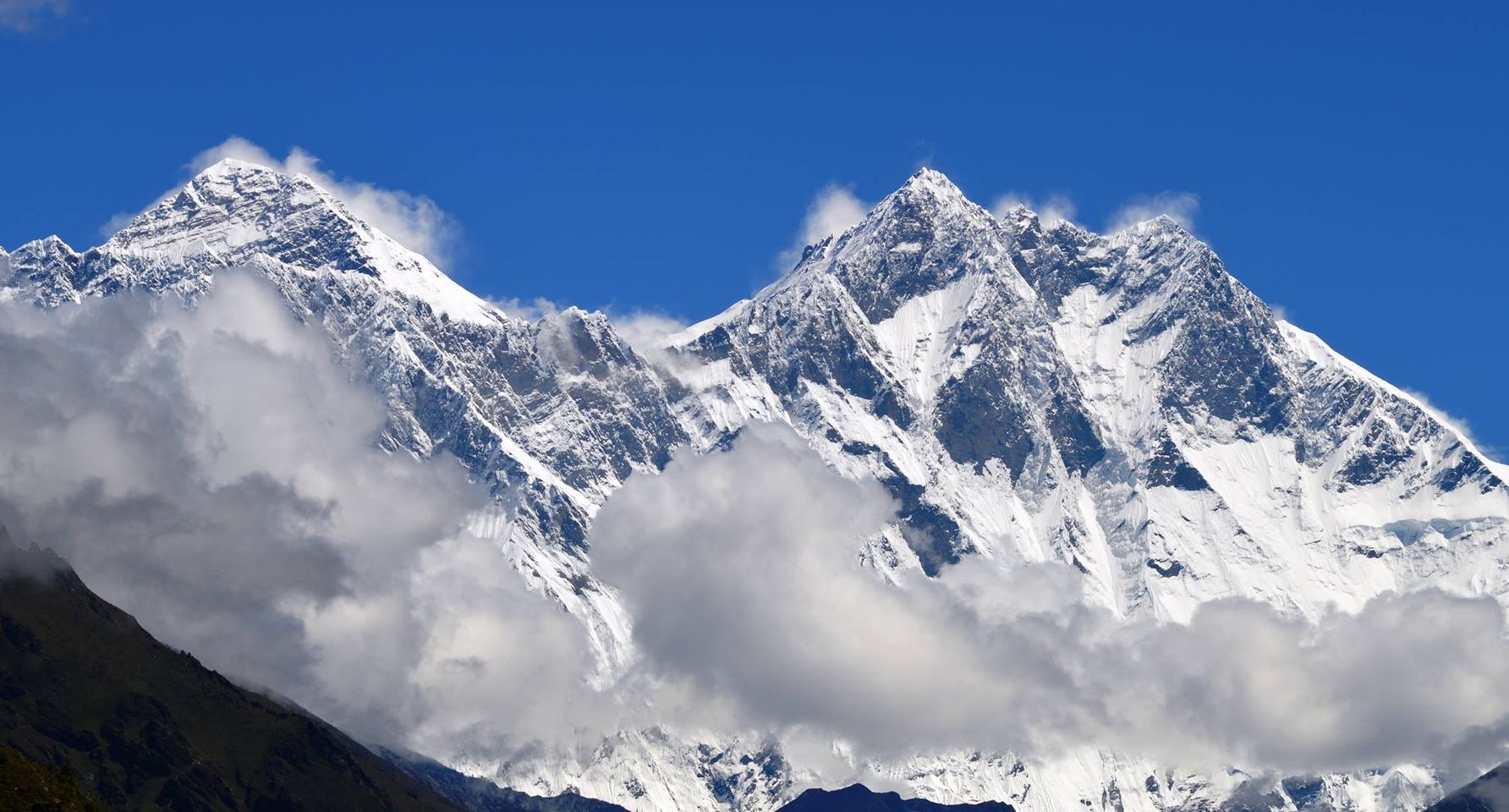

KATHMANDU: Preparations are in full swing for the Sagarmatha Sambad, set to take place from May 16 to 18, focusing on the theme ‘Climate Change, Mountains, and the Future of Human Life.’
The event aims to draw global attention to the climate challenges faced by mountainous and coastal nations.
During the first management committee meeting held on Sunday, key plans were finalized, including inviting heads of state, government officials, climate experts, private sector leaders, and influential figures to the event.
The committee, led by Foreign Minister Dr. Arzu Rana, has already outlined infrastructure arrangements and the event’s program structure.
Maheshwor Dhakal, Joint Secretary at the Ministry of Forests, shared that a panel of 16 experts will be formed, and a publicity and coordination committee will be established under the Ministry of Foreign Affairs.
The committee has encouraged partner organizations to present successful climate adaptation and mitigation practices.
Additionally, provincial-level discussions and preparatory dialogues centered on youth and children will be organized in advance.
The event will be managed by personnel from the Ministries of Foreign Affairs, Forests, and the Office of the Council of Ministers. Minister for Forests and Environment, Ain Bahadur Shahi Thakuri, will serve as co-coordinator, with participation from senior officials from various government agencies.
The Sagarmatha Dialogue aims to position Nepal as a leader in global climate advocacy, emphasizing climate justice and the compensation for Nepal’s environmental contributions.
Deepak Kumar Kharal, Secretary of the Ministry of Forests and Environment, highlighted that the dialogue will underscore Nepal’s vulnerability to climate change, despite its low carbon emissions, and advocate for international recognition of Nepal’s efforts in climate mitigation and financial compensation.
Studies show that two-thirds of Himalayan glaciers could melt by 2050 if temperatures continue to rise.
Despite global efforts to limit warming to 1.5°C, the Himalayan region may experience temperature increases exceeding 1.8°C in the coming decades.